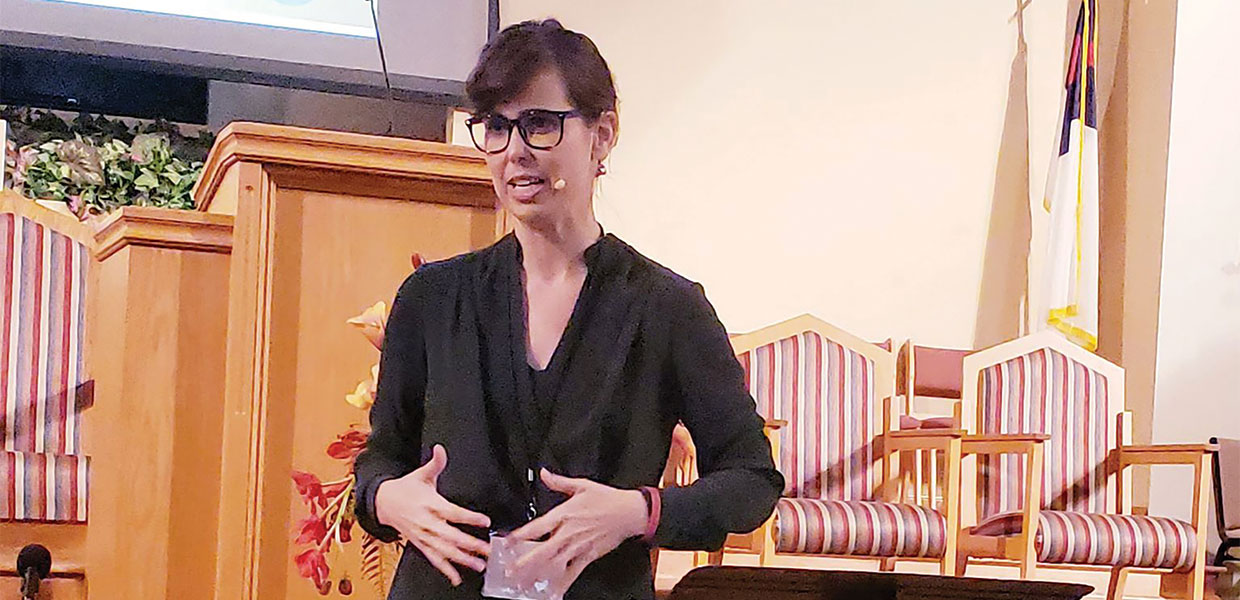
Submitted by: Homaira Palmer
Abuse is a word that takes on many roles of evil. Abuse is a word that for many victims brings on shame and blame. Abuse is a word all have been hearing far too many times in the news. But, what is really known about abuse?
The abuse statistics are alarming. According to the National Domestic Hotline, 24 people per minute are victims of rape, physical violence, or stalking by an intimate partner in the United States — more than 12 million women and men over the course of a year. More than one in three women (35.6 percent) and more than one in four men (28.5 percent) in the United States have experienced rape, physical violence, and/or stalking by an intimate partner in their lifetime. One study in North America found that children exposed to violence in the home were 15 times more likely to be physically and/or sexually assaulted than the national average.
Atlanta North Church in Dunwoody, Ga., hosted a weekend dedicated to the enditnow movement February 23 and 24. A global initiative to raise awareness and advocate for the end of violence around the world, it aims to mobilize Seventh-day Adventists, and invites other community groups to join in to resolve this worldwide issue.
This initiative is the most important stand the Church has ever taken regarding violence against men, women, and children. This campaign was launched in October 2009 with ADRA and the Department of Women’s Ministries, and has extended into more than 200 countries and territories.
The first session was held Sabbath morning with guest speaker Sarah McDugal, an author, speaker, and leadership development coach. McDugal works exclusively with female survivors of abuse. She discussed that abuse can occur within any relationship, whether familial, professional, or social. Abuse does not discriminate. Anyone of any race, age, sexual orientation, religion, or gender can be a victim — or perpetrator — of domestic violence. It can happen to people who are married, living together, or dating. It affects people of all socioeconomic backgrounds and education levels.
She went on to discuss the various forms that abuse can manifest, such as physical, emotional, financial, sexual, spiritual, and cultural. The session ended with a Q&A session where church members and guests asked questions and shared relatable stories, including a mother who lost her daughter to domestic violence, and another that was a victim herself.
The Sunday session included an informative presentation by local organizations that assist and rehabilitate women, men, and children who have experienced abuse. The session began with an opening prayer by Atlanta North’s senior pastor, Edgar Alquinta. He was followed by four organizations: Wellspring Living, Partnership Against Domestic Violence, Alternatives to Violence Project, and Georgia Cares. These organizations hope to raise awareness of abuse, and to inform the public of the many resources available to victims/survivors.
Following these presentations, Alquinta held a training session to recap what was discussed over the weekend. When asked why he thought it was important to bring this topic to the church, he expressed that, “A healthy family equates to a healthy church,” and that church should be a safe place, not a place of judgment.
Georgia-Cumberland | May 2019



Comments are closed.